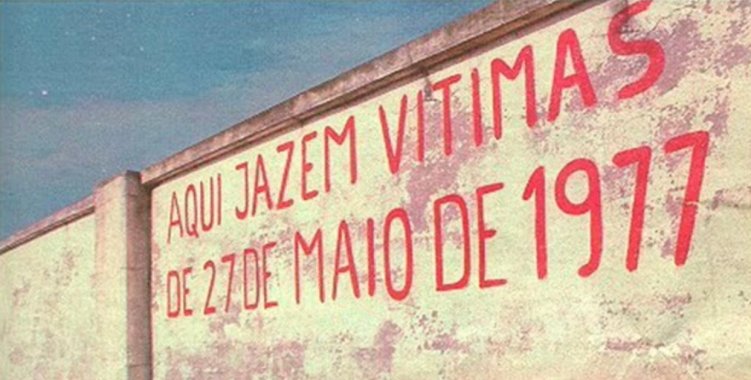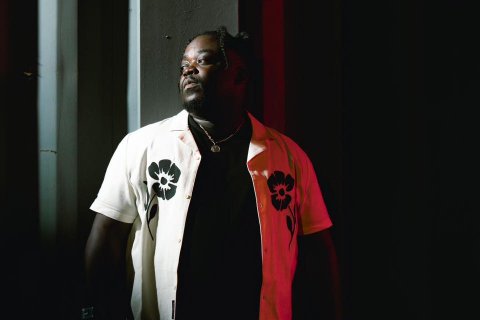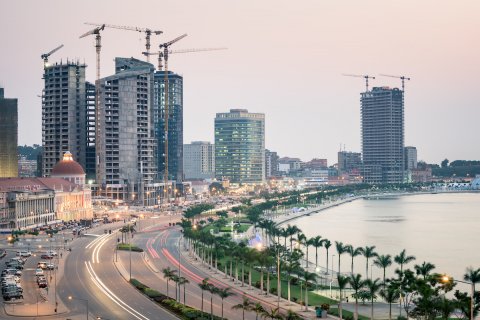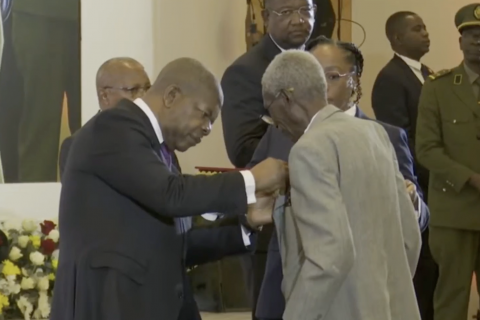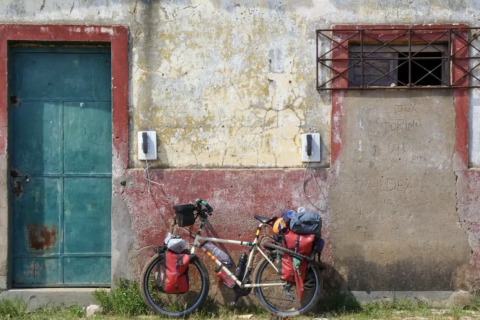The decision, taken unanimously at an extraordinary meeting on the 7th of this month by the 27 of May Association, M-27 Association and the 27 of May Survivors Group, which constitute the "27 of May Platform", was disclosed this Friday.
In a note, to which Lusa agency had access, the group states that the Government and the Popular Movement for the Liberation of Angola (MPLA), ruling party, which have a dominant position in CIVICOP, are "far from seeking a path of true national reconciliation, opted for the refusal of the historical truth and the construction of propaganda in their favor, to whitewash the image, not being interested in even appreciating the requests that were presented by the representatives of the victims.
According to the document, on July 23 of last year, the "27 May Platform" asked the CIVICOP to hold an extraordinary meeting to consider some points to be included in the work of the commission, namely the search for historical truth, "with an unbiased and swift investigation", to define as a goal the identification of those responsible for the crimes, "the only way to know who is being pardoned, following a previous request for pardon", but received no response.
The members of the "27 May Platform" also suggested to CIVICOP that the agents who committed crimes should no longer be considered victims, since obedience to illegal orders that violate human rights does not constitute a justification for the crime committed.
They also suggested that the location of the remains of the victims, their certification by DNA testing, the issuance of the respective death certificates, where the date and cause of death is recorded, and finally their return to the families, should be defined as a central objective of the Commission for the Verification and Certification of Deaths.
"No response was given to this request, although the coordinator of CIVICOP and the Minister of Justice and Human Rights had told us that they would analyze and consider the requests, fostering the hope that, with the continuation of the work, it would be possible an effective consideration and reception, even if partial, of the points presented by the representatives of the victims," reads the document.
For the "27 May Platform" it was clear, not only by the lapse of time, but especially by the recognition of the minutes of the meeting of January 8 and the other documents distributed, that CIVICOP persists in what it calls the "Angolan model of reconciliation", which is nothing more than the absence of any model of transitional justice.
The members consider that this model chosen by CIVICOP prefers rather to "place the victims and torturers in the same position, ignoring the search for historical truth and the recommendations of the African Union [of which Angola is a member] on the methodology to be developed in the work.
The "27 de Maio Platform" recalls that the African Union considers that, in case of atrocities, serious violations of human rights, crimes against humanity [such as those committed on May 27] should identify those responsible and request an effective pardon, rejecting impunity.
"The minutes and the other documents received contain conclusions that do not correspond to the issues addressed, reflecting only the vision of the executive. Names of organizations representing survivors and orphans are permanently exchanged, sowing confusion, despite having previously and repeatedly been alerted to these inaccuracies," the victims' representatives complain.
According to the group, these documents show no sign of addressing the proposals already sent to CIVICOP by survivors and orphans.
"As a result of the above, we refuse to continue participating in this reconciliation drill until the principles and mechanisms of transitional justice, as defined by the African Union in documents of that organization, are truly adopted," the note stresses.
To the President, João Lourenço, the "27 of May Platform" indicates that it is necessary that he "take the decision to give a new direction to CIVICOP, so that it may be the vehicle for a true reconciliation that the Angolan nation requires.
In a seven-page memorandum, the "27 May Platform" points out "the serious shortcomings of CIVICOP and the way forward."
The 27th of May refers to the bloody events that took place in 1977 after an alleged failed coup against Angola's first President, António Agostinho Neto, which resulted in thousands of deaths during the fight against so-called "fractionalism" within the MPLA, according to survivors and analysts.
In April 2019, the President ordered the creation of a commission to draw up a general plan to honor the victims of the political conflicts that occurred in Angola between November 11, 1975 and April 4, 2002.
The Reconciliation Plan in Memory of the Victims of Political Conflicts foresees, among other issues, the issuance of death certificates, the construction of a unique memorial for all victims of the political conflicts registered in the country.
In the last meeting of CIVICOP, its coordinator and Minister of Justice and Human Rights, Francisco Queiroz, stressed that the events of May 27, 1977 became, at the level of CIVICOP, the historical fact agglutinating studies and analysis leading to Angola's model for the solution of political conflicts that resulted in victims.

